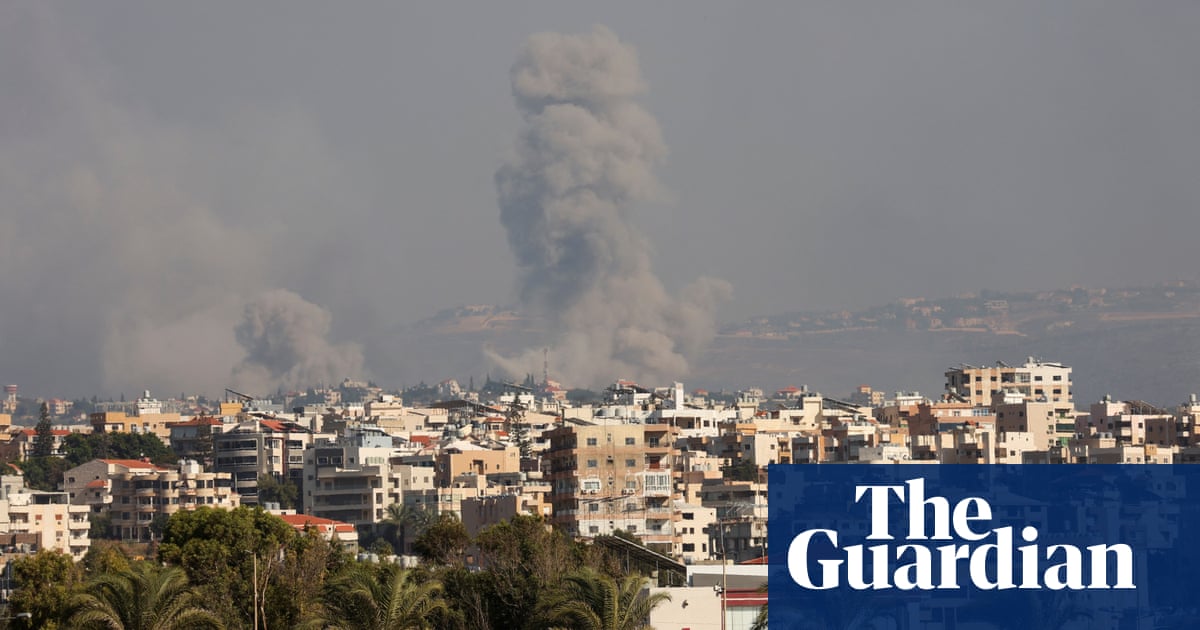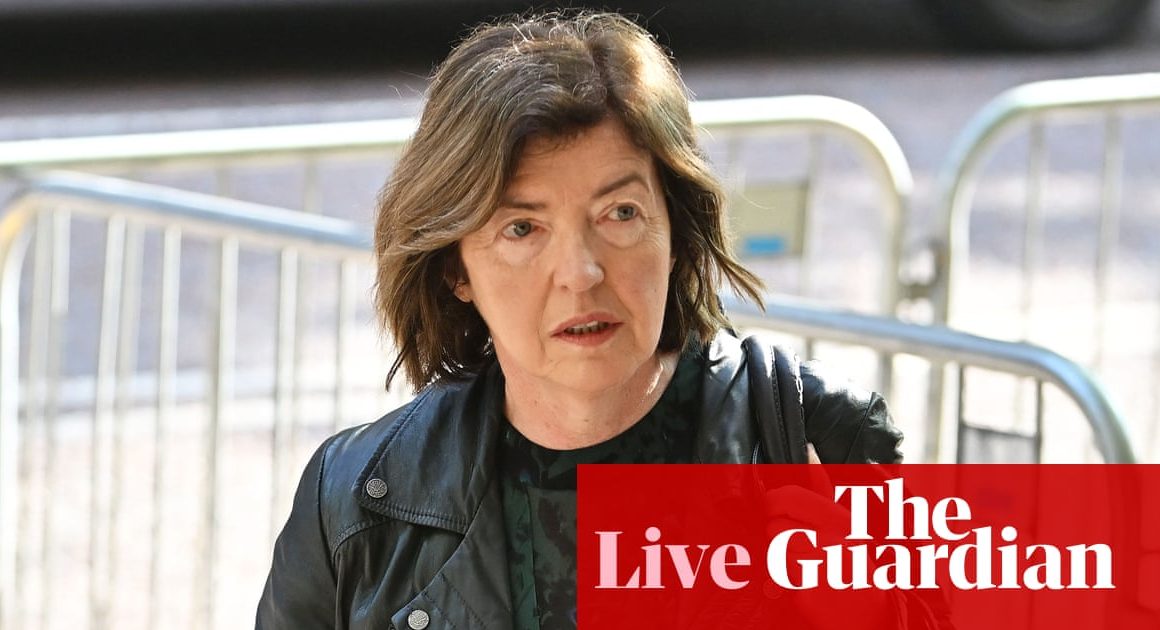On Sunday night, Dalia Farran decided to sleep on the beach near her beach club in Tyre, southern Lebanon. Across Lebanon that day, people had received warnings in texts and calls that there would be airstrikes.
“Early morning, six o’clock, I woke up to the sound of bombing,” Dalia tells Michael Safi. “I got out of the tent and I saw the whole mountains leading to Naqoura. There were flames, black dark smoke like clouds. It was really like a mirage. It was like a dream, like a bad dream, weird dream. And that’s how the nightmare started.”
On Monday, about 600 people were killed and almost 2,000 injured in Israel’s intense bombing campaign. It was the deadliest single day in Lebanon since the country’s civil war.
The Beirut-based reporter William Christou tells Safi about the escalating conflict between Israel and Hezbollah, the impact of the strikes on the 200,000 civilians now displaced, and Israel’s threats of a ground invasion.
“Two weeks ago, that would be unthinkable,” Christou tells him. “And this might just be part of some sort of psychological war to keep Hezbollah and the Lebanese people on their toes. And if it is, it’s working. People don’t know what to expect next. And you know, from what I’ve talked to from people even in Beirut, the sense of safety that they’ve had is shattered.”
Safi also speaks to Dr Ghassan Abu-Sitta about the injuries he has seen in hospital, and Sarah Jaroush, who has watched as bombs have fallen closer and closer to her family home.

Photograph: Aziz Taher/Reuters
Support The Guardian
The Guardian is editorially independent.
And we want to keep our journalism open and accessible to all.
But we increasingly need our readers to fund our work.
Support The Guardian












